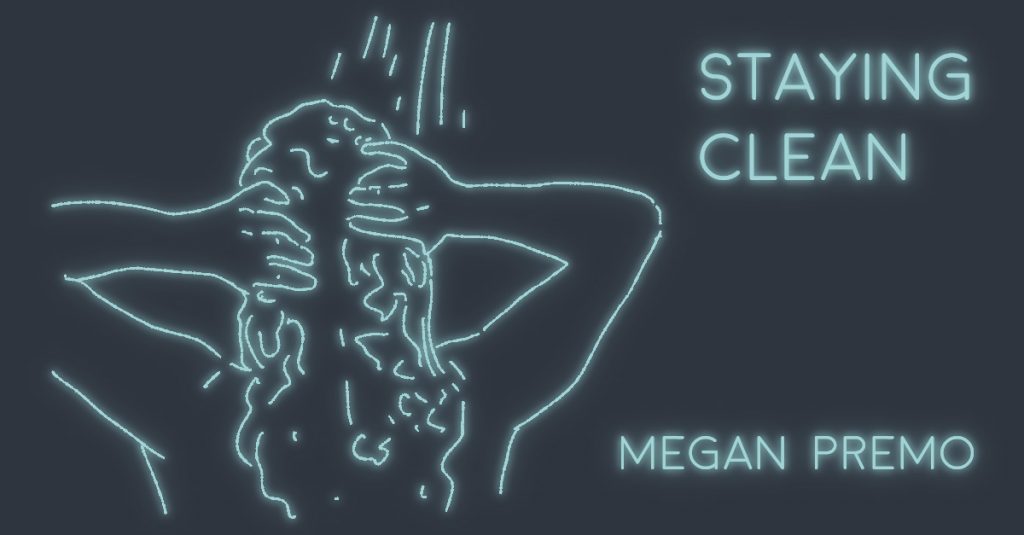
STAYING CLEAN by Megan Premo
The foamless rectangle was greenish-blue, an institutional color, not a tropical one, and it smelled like something meant to clean dishes or toilets or floors, not human hair, not fourteen-year-old girls’ bodies.

The foamless rectangle was greenish-blue, an institutional color, not a tropical one, and it smelled like something meant to clean dishes or toilets or floors, not human hair, not fourteen-year-old girls’ bodies.
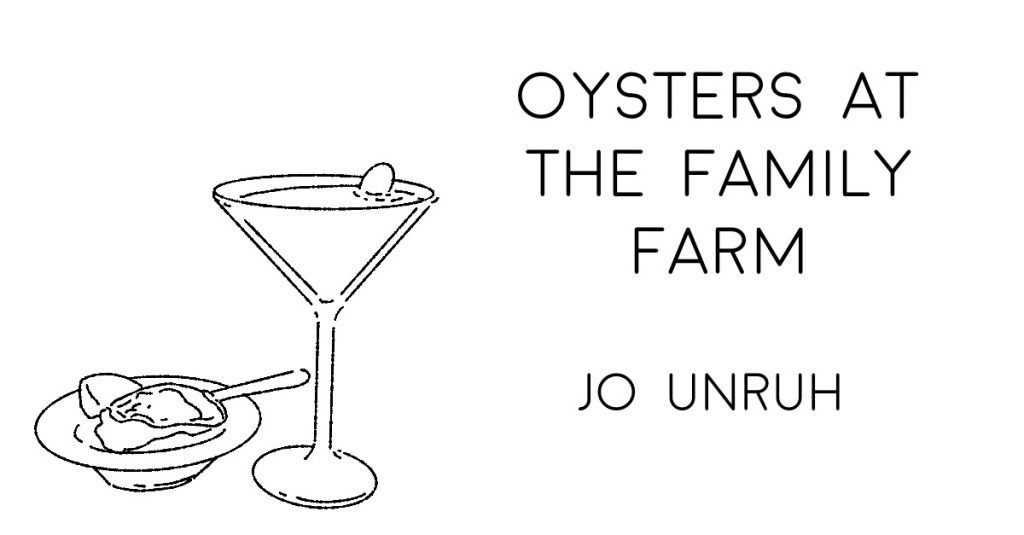
The old say to the young: 𝘵𝘩𝘦 𝘸𝘰𝘳𝘭𝘥 𝘪𝘴 𝘺𝘰𝘶𝘳 𝘰𝘺𝘴𝘵𝘦𝘳. And when the old men speak these words, they are sincere, because the world has been delivered unto them, and the world is now theirs to bestow.
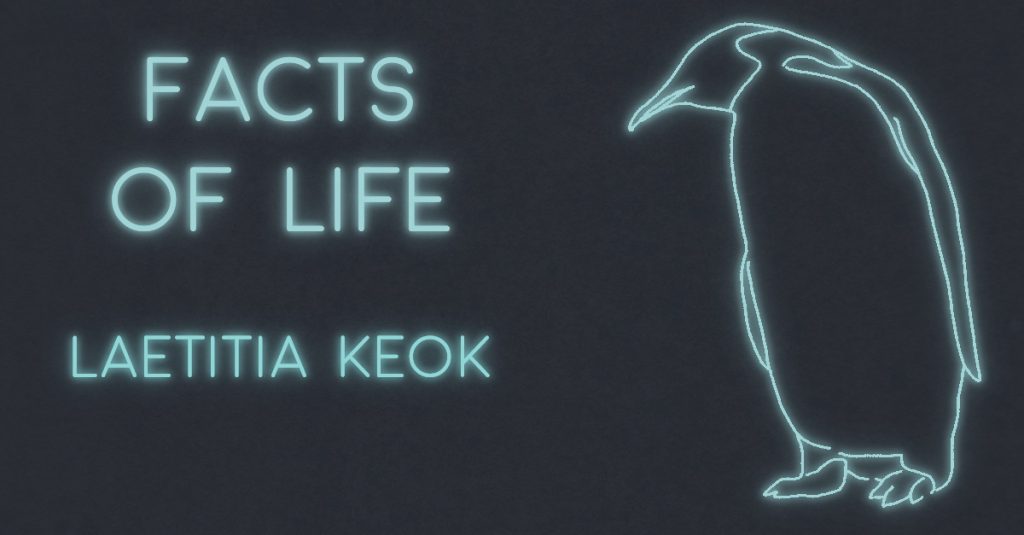
Male emperor penguins protect their eggs from the harsh Antarctic elements by balancing them on their feet. When I tell you this, you lift me up and balance me on your feet. I am four and weigh nothing. You are a mountain of a man. With my tiny feet stacked atop your larger feet, you hold my hands and start taking wide, steady steps. We pass the balcony, and I feel the warmth of sunlight as it filters through the glass door to fall onto our bodies. Our shadows dance on the floor tiles like puppets. Then, I am flying….
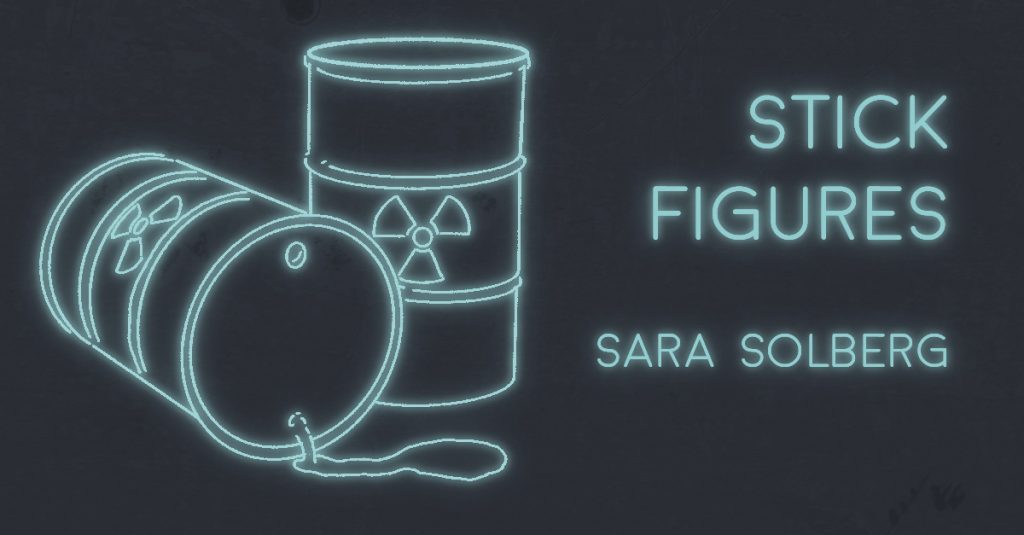
In an eastern New Mexico desert, amid a forest of mesquite and bluestem grass, overlooking nothing but miles upon miles of iron-pressed, sunbaked earth, sits the Waste Isolation Pilot Plant (WIPP for short). On the surface, it looks like any other government base: a simple grid of unremarkable squat buildings, the tan color of which bleeds into the surrounding arid landscape. But step into one of the elevators that spend their days bobbing up and down WIPP’s vertical mine shafts, ferrying hard-hatted workers between ground level and the ancient salt bed 2,150 feet below, and it’s a different story. One…
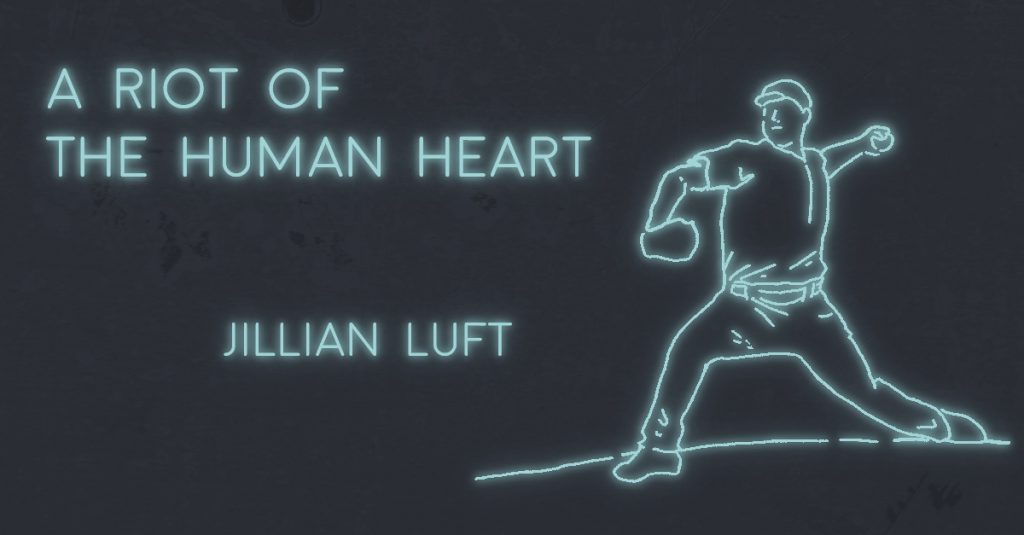
Boston is burning itself over a baseball game. Outside of Fenway, the local evening news zooms in on a few torched sedans. Undercarriages in flames like hibachi grills. White boy ruddy faces rejoicing. Game 4 of the 2003 ACLS. A Red Sox victory. I care about baseball because I love you. I want to wake you up to celebrate Johnny Damon and Pedro Martinez and all those other shaggy-haired rascals hellbent on breaking the curse. Once you view the game highlights, I want you to bang me against the TV, so my bare ass kisses static. I want you to…
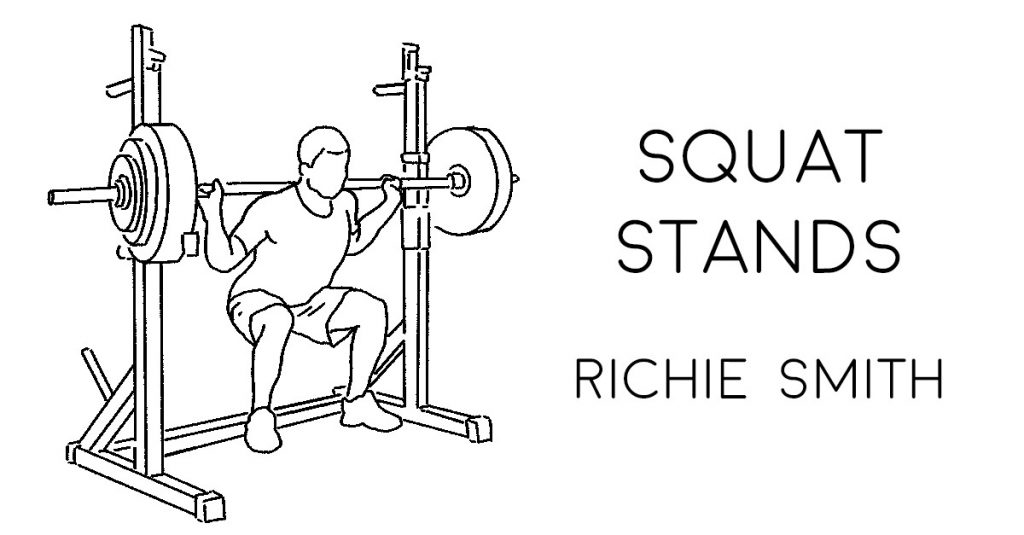
The high school gym was filled with jocks and weight lifters and I didn’t fit in with any of them. People like Irving Ackerman, the strongest Jewish kid in the school. Irving didn’t know me. I lifted the lowest level of weights, but I resolved to change this. I was going to work out to grow big and strong. I found a body building program in the back of a comic book. “Universal Body Building” had the logo of a muscle man hugging a sexy woman and promised to send me weekly lessons which would transform me into a hunk…
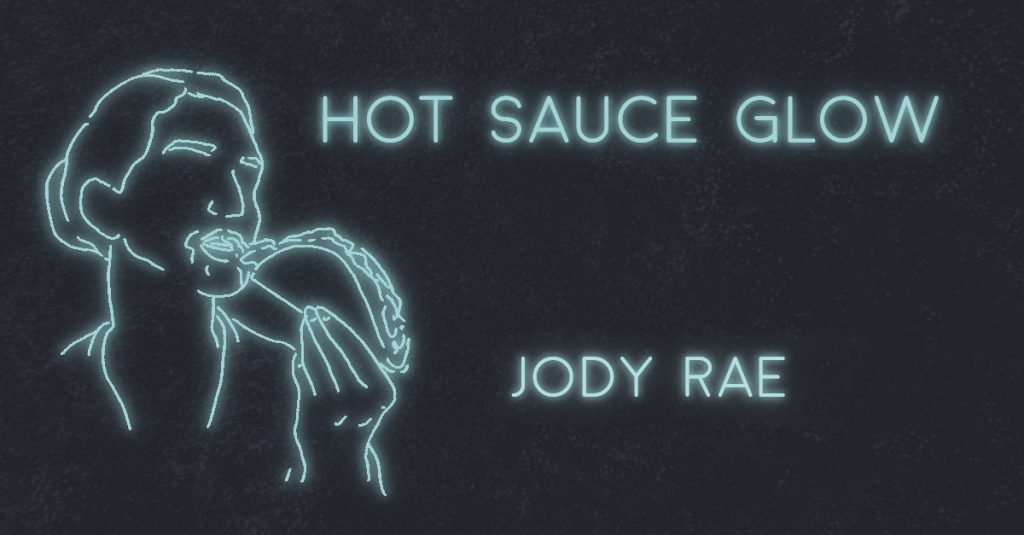
Is it true we’ll spend the next nine months across worn-down Neapolitan-chocolate-brown carpet that we tell ourselves we’ll cover with a rug, but never do? The cinder block walls are painted dried vanilla ice cream on warm pavement. Like a wound that won’t heal, the thick drapes won’t close all the way and they bleed a strawberry sunset over Wide Open Spaces, an autumn-tinged campus and the regal-yet-defunct Boise train depot. For a split second, I think you are giving me the cold shoulder when I come home from class and you are asleep with your eyes open and, yes,…
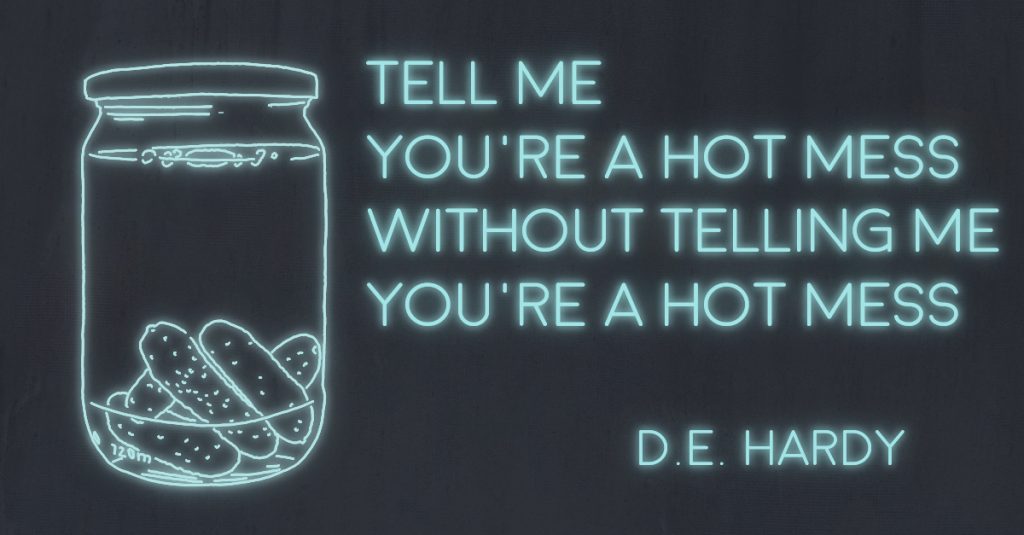
I should have known it was a bad time to have a friend over. I was 15. My parents were divorcing, the house divided into a his/hers venn diagram, the kitchen being the overlapping space. I should have foregone the offer of a snack, and led my friend straight to my room that was squarely situated on the her-side of the floorplan. Better, I could have suggested my friend and I walk to her house where we could have eaten whatever we wanted. Even in before-times, my family rarely had anything good in the fridge. I should have shut the…
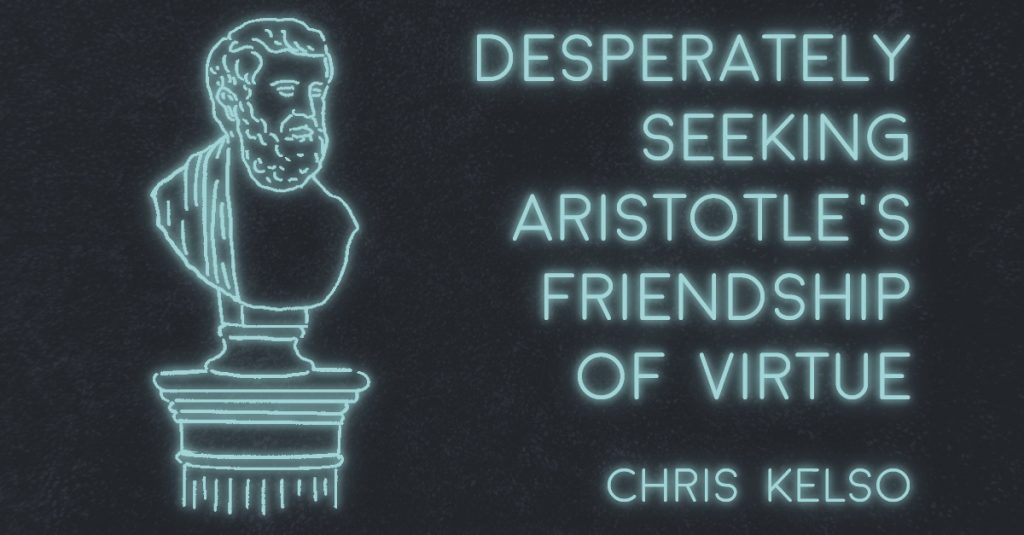
Let’s argue that reality is plural: the solipsistic loneliness of individual perception becomes our first hurdle. We try to get over that by sharing some kind of rudimentary interior with others—where common goals and grammars can unite and define us as joint proprietors of a greater cognitive space. So how do you deal with people not liking you? What strategies can you call upon when you reach out for connection only to find an opposing electrical charge exerting its repulsive force against you? It seems strange to imagine that in the age of social-media anyone would reject this idea of…
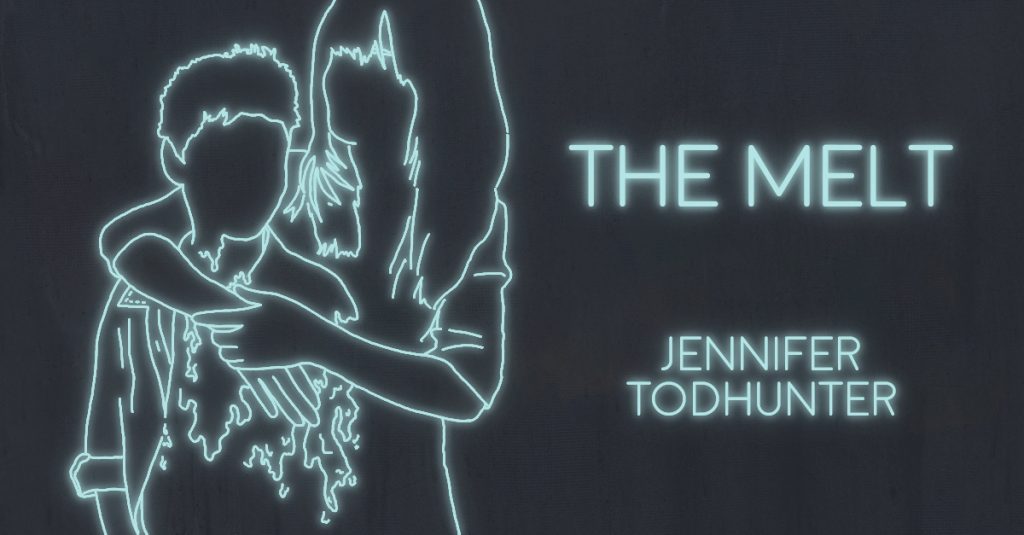
My son doesn’t turn from solid to liquid or liquid to gas when the melt occurs. He remains in the same state physically, but mentally there is a shift. Heat has been applied in the form of my disappearing from his line of sight, or heading to the bonfire for a beer, or talking to a friend who is a guy who is not his dad, my ex. There is a fusion when the melt occurs, his person to my person, a shadow that follows me wherever I go, that demands we leave this instant, that cries as if I’ve…